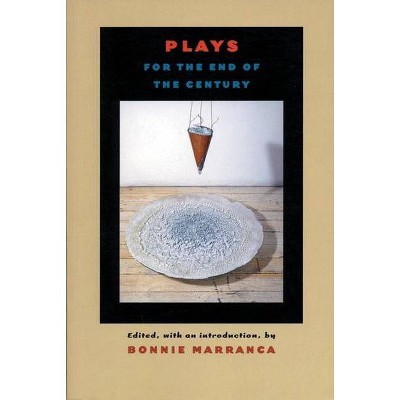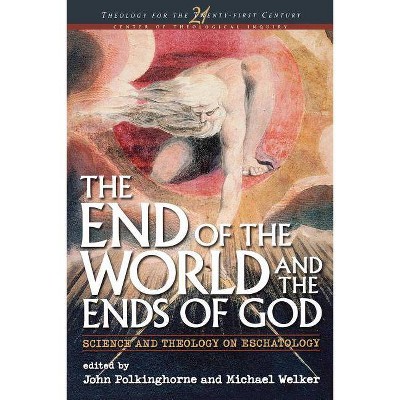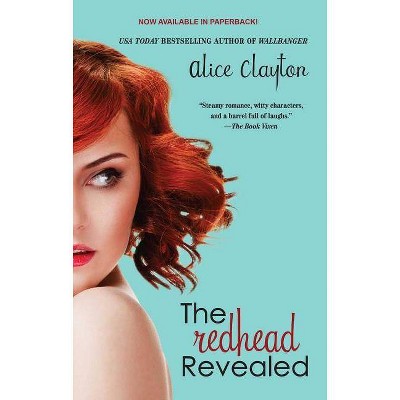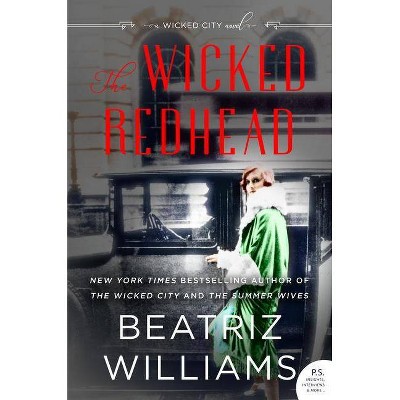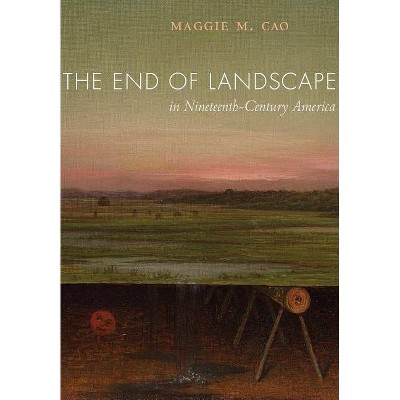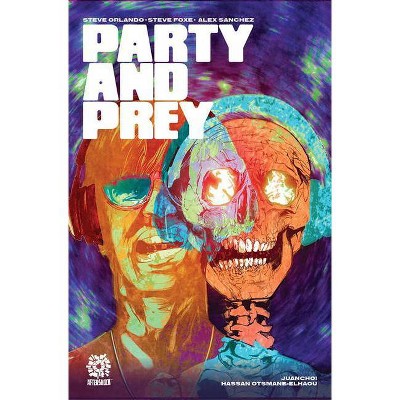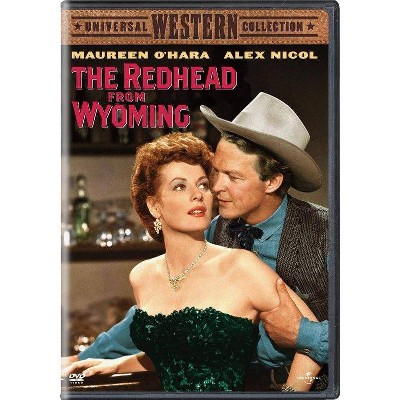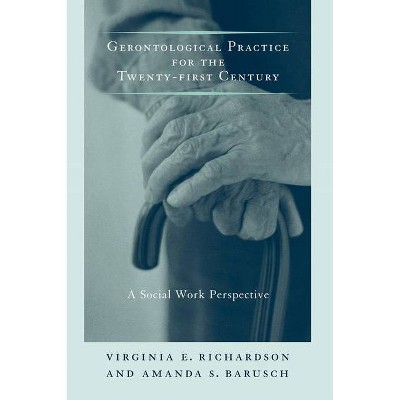The end-of-the-century party - by Steve Redhead (Paperback)
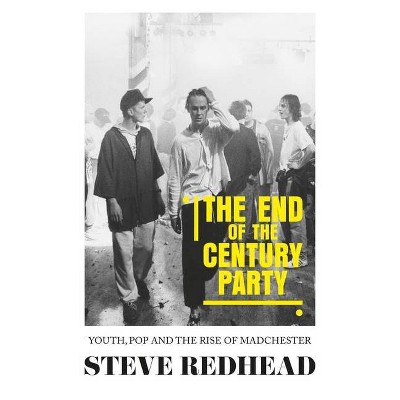
Similar Products
Products of same category from the store
AllProduct info
<p/><br></br><p><b> About the Book </b></p></br></br>Framed by a prologue by Tara Brabazon, this edition asks how the spirit, energy and authenticity of Madchester can be reclaimed for a post-youth, post-pop generation. Features iconic photographs by Kevin Cummins.<p/><br></br><p><b> Book Synopsis </b></p></br></br><p>'The most incisive attempt yet to put Acid House into a socio-political context.'<br /> <em>i-D magazine</em> <br /> <br /> Madchester may have been born at the Haçienda in the summer of 1988, but the city had been in creative ferment for almost a decade prior to the rise of Acid House. <em>The end-of-the-century party</em> is the definitive account of a generational shift in popular music and youth culture, what it meant and what it led to. First published right after the Second Summer of Love, it tells the story of the transition from New Pop to the Political Pop of the mid-1980s and its deviant offspring, Post-Political Pop. <br /> <br /> Steve Redhead's account of 1980s youth culture is an alternative to a well-rehearsed narrative. The early 1980s had seen frequent proclamations about the end of youth culture and the rise of a new, right-leaning conformism. Adulthood was in, as were postmodernism, flaunting material success and the enterprise culture. Music was becoming 'safe' along with the rest of the culture. But Redhead, who as founder of the Manchester Institute for Popular Culture was affectionately known as Professor Rave, had a different perspective. His book draws on interviews with DJs, record company bosses, musicians, producers and fans to outline a clear transition in pop thinking, a move from an obsession with style, packaging and synthetic sounds to content, socially conscious lyrics and a new authenticity. <br /> <br /> This edition is framed by a wide-ranging prologue from Tara Brabazon, which asks how we can reclaim the spirit, energy and authenticity of Madchester for a post-youth, post-pop generation. The book is illustrated with iconic photographs of the Acid House scene in Manchester by Kevin Cummins.</p><p/><br></br><p><b> From the Back Cover </b></p></br></br>'The most incisive attempt yet to put Acid House into a socio-political context.' <i>i-D magazine</i> Madchester may have been born at the Haçienda in the summer of 1988, but the city had been in creative ferment for almost a decade prior to the rise of Acid House. <i>The end-of-the-century party</i> is the definitive account of a generational shift in popular music and youth culture, what it meant and what it led to. First published right after the Second Summer of Love, it tells the story of the transition from New Pop to the Political Pop of the mid-1980s and its deviant offspring, Post-Political Pop. Steve Redhead's account of 1980s youth culture is an alternative to a well-rehearsed narrative. The early 1980s had seen frequent proclamations about the end of youth culture and the rise of a new, right-leaning conformism. Adulthood was in, as were postmodernism, flaunting material success and the enterprise culture. Music was becoming 'safe' along with the rest of the culture. But Redhead, who as founder of the Manchester Institute for Popular Culture was affectionately known as Professor Rave, had a different perspective. His book draws on interviews with DJs, record company bosses, musicians, producers and fans to outline a clear transition in pop thinking, a move from an obsession with style, packaging and synthetic sounds to content, socially conscious lyrics and a new authenticity. This edition is framed by a wide-ranging prologue from Tara Brabazon, which asks how we can reclaim the spirit, energy and authenticity of Madchester for a post-youth, post-pop generation. The book is illustrated with iconic photographs of the Acid House scene in Manchester by Kevin Cummins.<p/><br></br><p><b> Review Quotes </b></p></br></br><br>'The most incisive attempt yet to put acid house into a socio-political context.' <i>i-D magazine</i><br><p/><br></br><p><b> About the Author </b></p></br></br><br><strong>Steve Redhead</strong> was Professor of Cultural Studies at Flinders University, Australia. A founding director of the Manchester Institute of Popular Culture, he was known affectionately as 'Professor Rave'. His numerous publications include Subculture to Clubcultures (1997), Repetitive Beat Generation (2000), We Have Never Been Postmodern (2011) and Theoretical Times (2017).<br>
Price History
Price Archive shows prices from various stores, lets you see history and find the cheapest. There is no actual sale on the website. For all support, inquiry and suggestion messages communication@pricearchive.us

